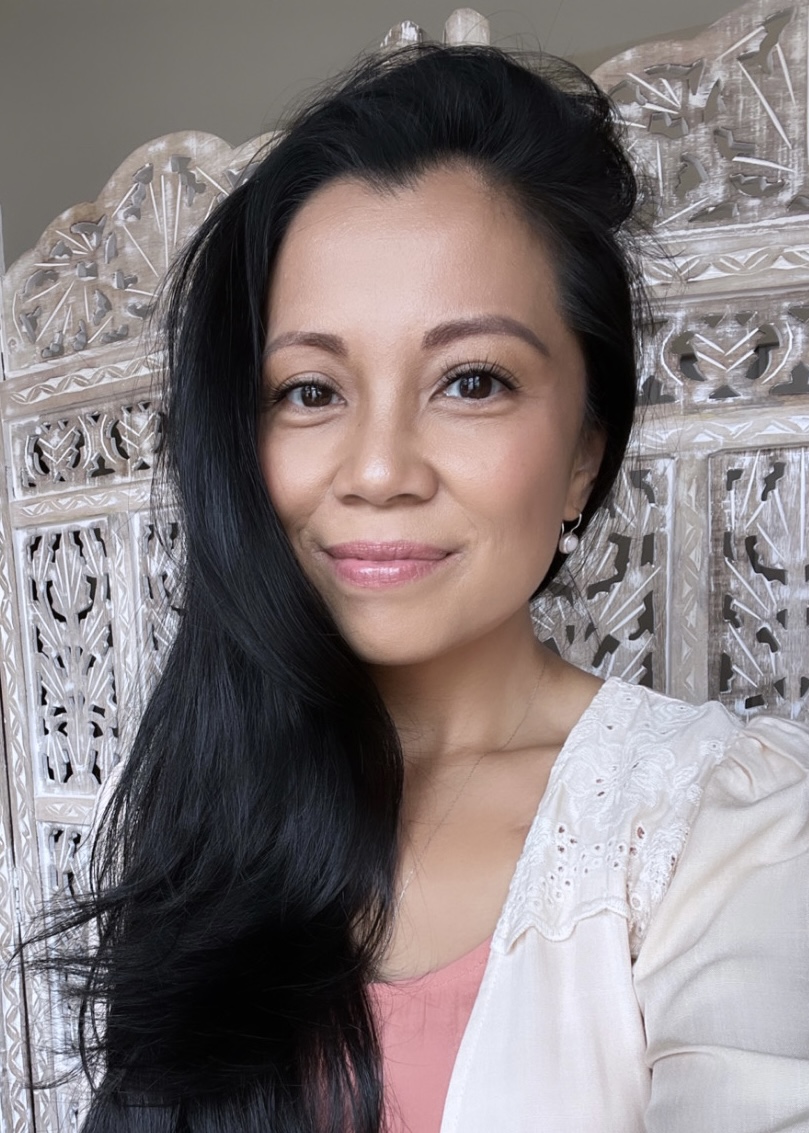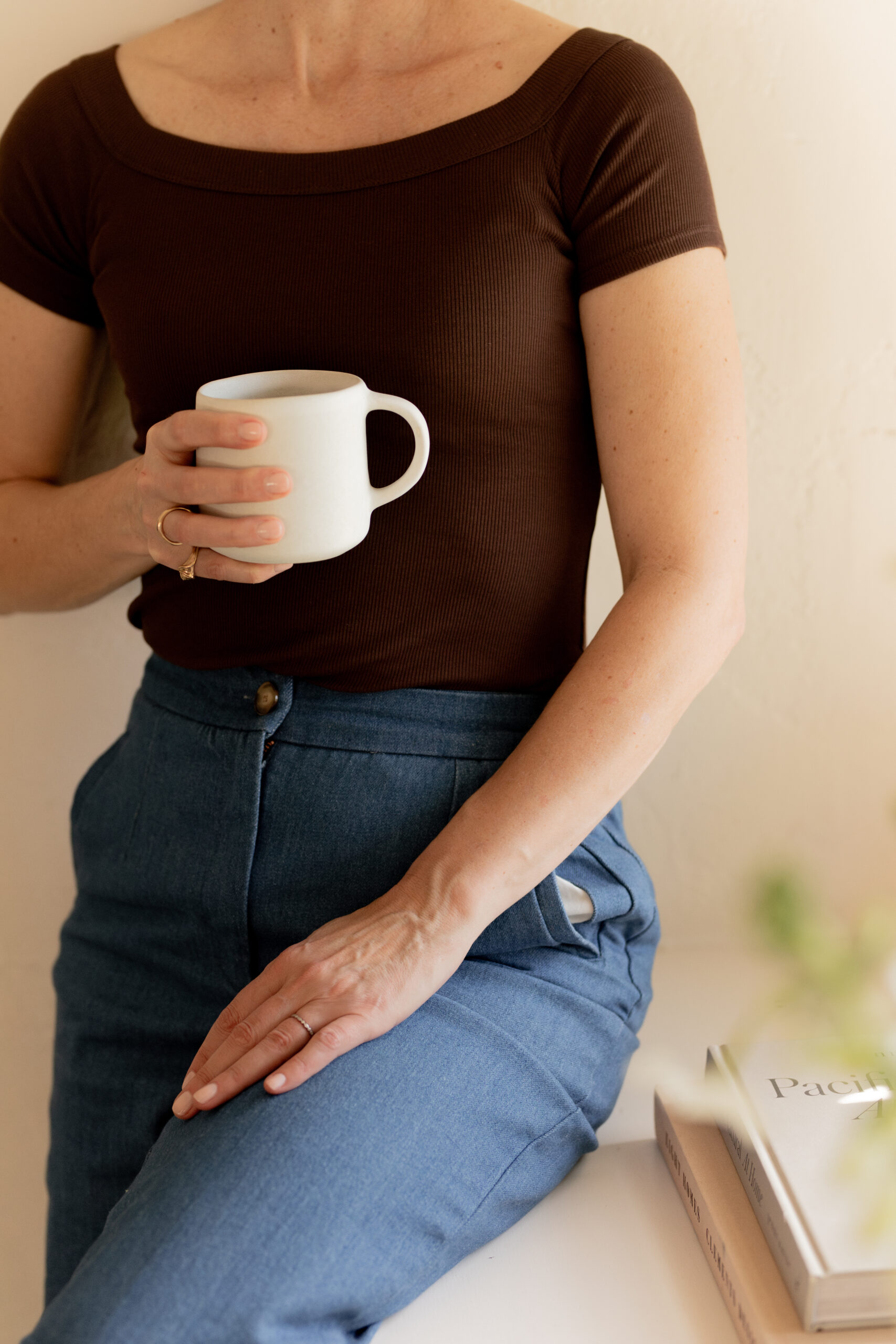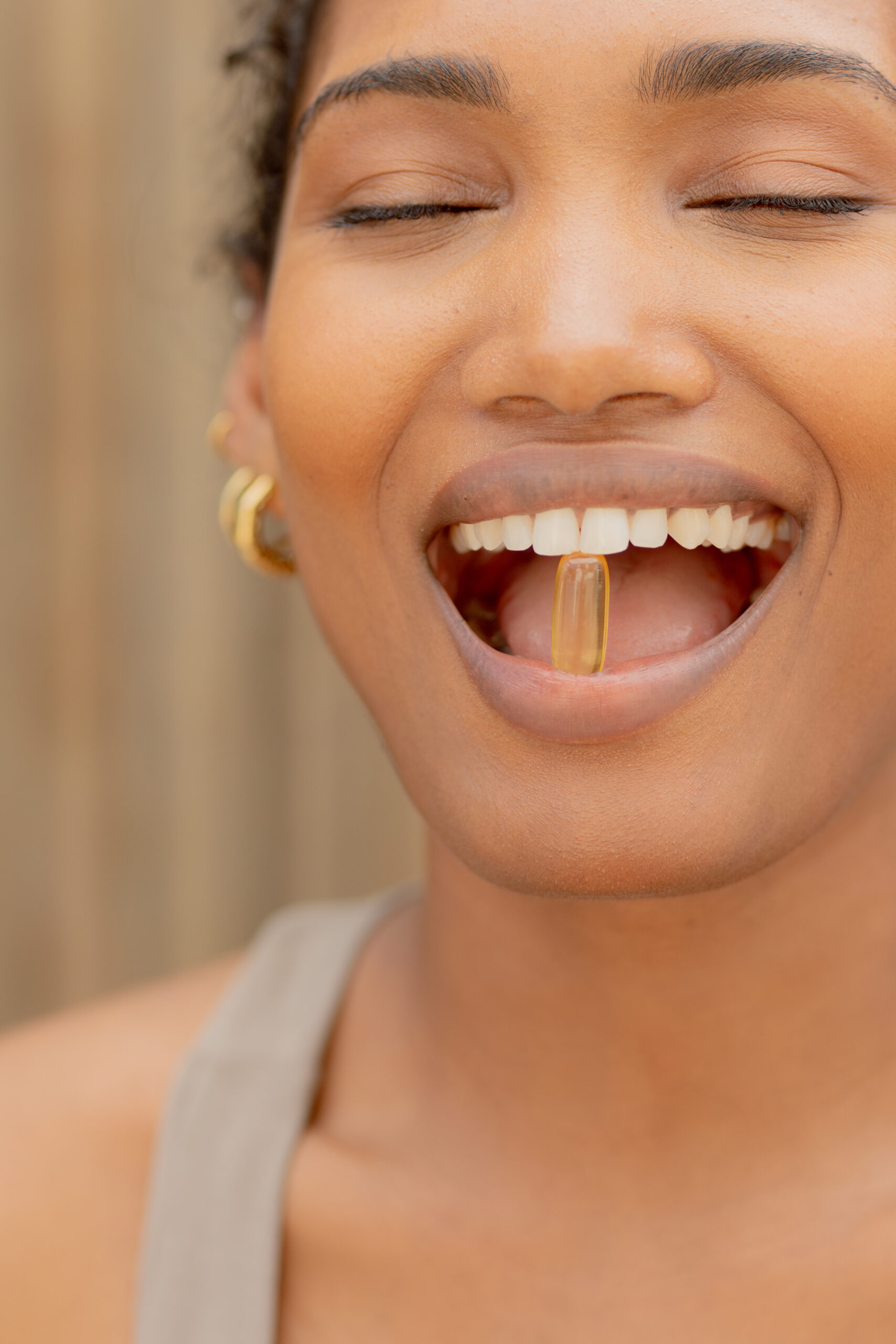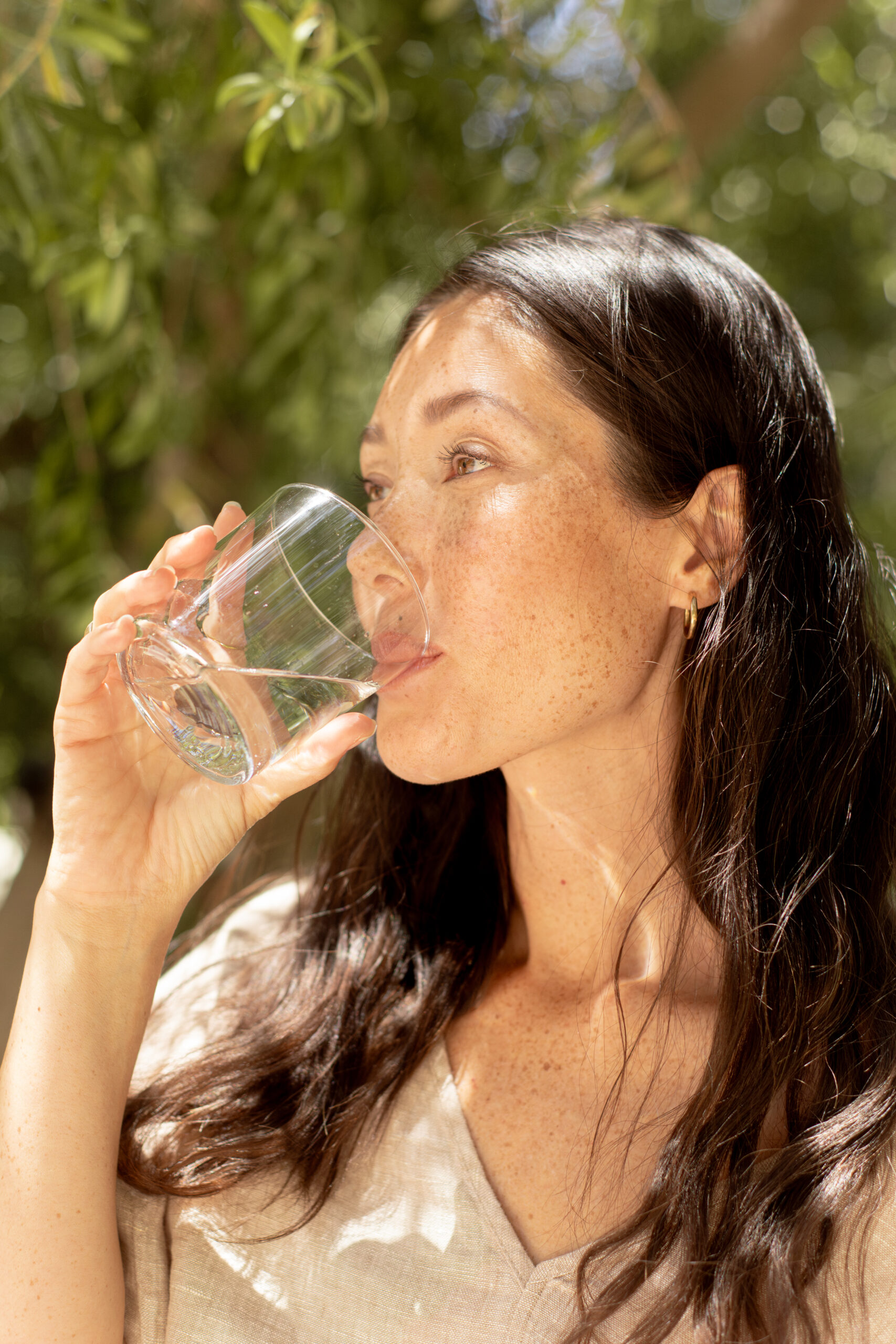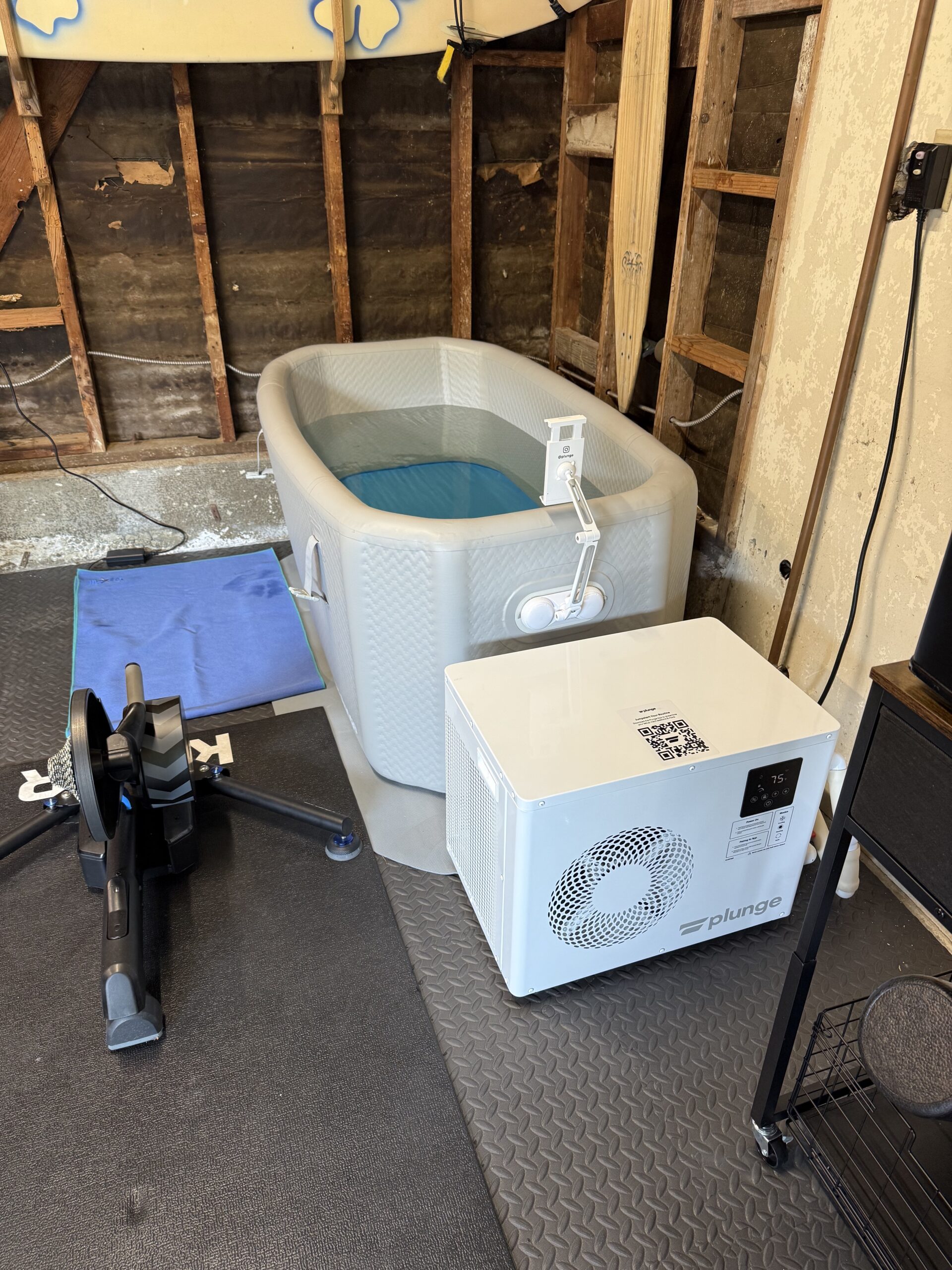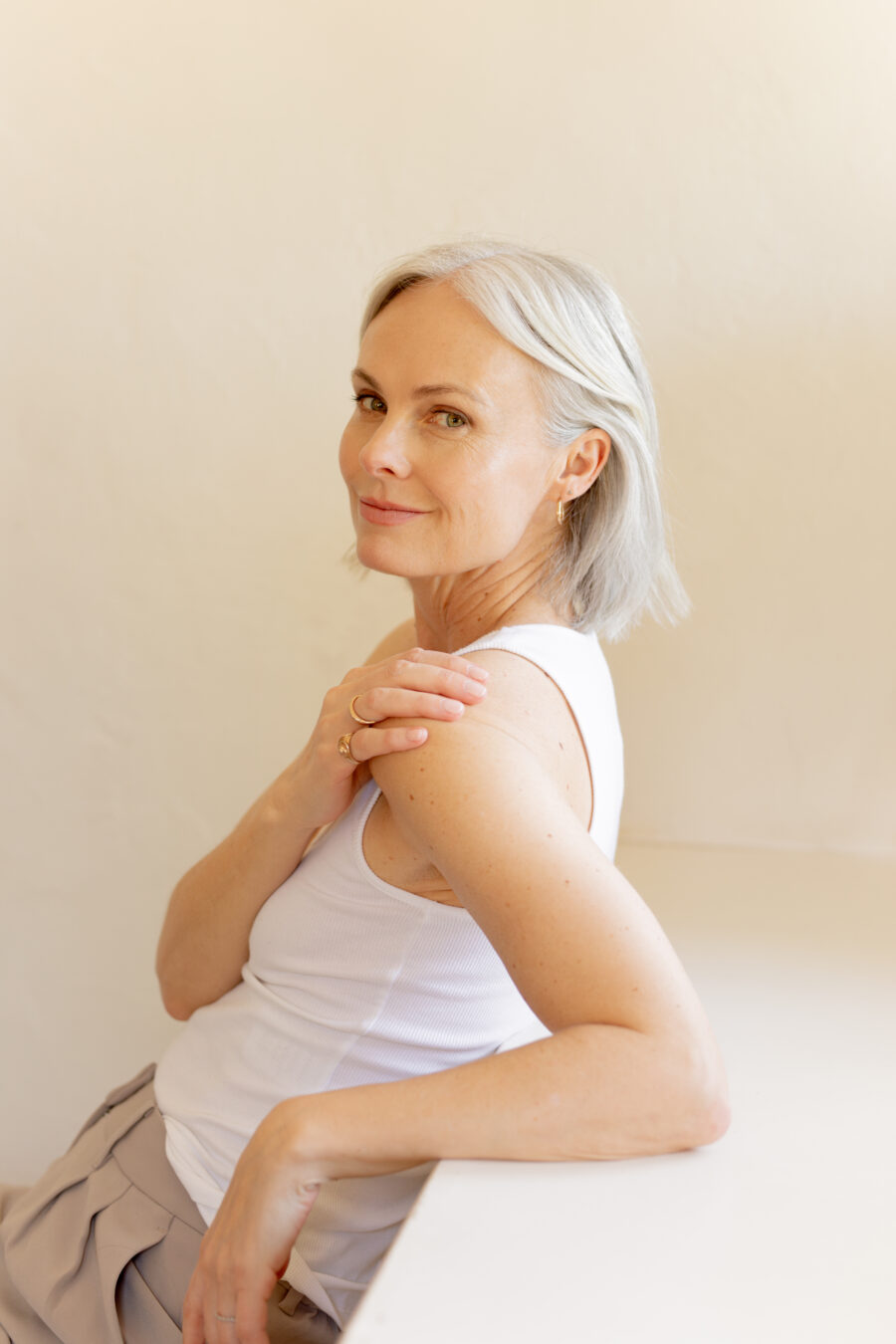
A Functional Medicine Doctor On Why Strong Women Need Strong Bones
Bone health is hugely important for women — but it’s not as glamorous or obvious as the things we usually focus on in the world of health and wellness. It’s not flashy, it doesn’t show up in your selfies, and most women don’t think about it until something goes wrong.
“It’s not flashy, it doesn’t show up in your selfies, and most women don’t think about it until something goes wrong.”
We know we’re supposed to care. Heck, how many of us grew up on those milk ads promising strong bones (a pretty misleading message, by the way)? Unfortunately, bone health isn’t something you can afford to wait on. The reality is that one in two women over the age of 50 will break a bone due to osteoporosis. Those fractures can be life-changing, even life-threatening.
Here’s what makes it even trickier: Osteoporosis is often called a “silent disease” because you don’t feel your bones thinning. Most women don’t know there’s a problem until they’ve already fractured a hip, wrist, or vertebrae — sometimes from something as small as a stumble, or even a cough.
That’s why prevention is everything. The work you do now — in your 30s, 40s, 50s, 60s — pays off decades down the line. Strong women need strong bones. And strong bones need your attention now. Not later, not someday, not only after your first DEXA scan shows a problem.
“Strong women need strong bones. And strong bones need your attention now.”
Your bones are the framework that lets you carry children, build careers, chase dreams, and dance into your 80s (and maybe chase around grandkids if you’re so lucky). When your bones are strong, you get to keep living life on your terms. And that starts today.
Why do women lose bone strength?
So, maybe you’re wondering why women tend to struggle with bone density more so than men. Yes, women naturally tend to have smaller frames and lower peak bone mass than men, but the real difference comes down to hormones.
Estrogen is one of the most important protectors of bone health. It helps keep the balance tipped in our favor, slowing down bone breakdown while supporting bone building. But during perimenopause and menopause, estrogen levels decline sharply. Without that protection, bone breakdown outpaces bone building — and that’s when bones become brittle.
“Estrogen is one of the most important protectors of bone health. It helps keep the balance tipped in our favor, slowing down bone breakdown while supporting bone building.”
Estrogen, progesterone, testosterone, thyroid hormones, and even cortisol all affect bone metabolism. When those levels shift — as they do in perimenopause, menopause, thyroid dysfunction, or times of chronic stress — bones pay the price.
Here’s the surprising part: This isn’t just a “later in life” problem. Bone density actually peaks in your late 20s to early 30s, and by your mid-30s, the slow decline has already begun. Layer on stress, nutrient gaps, or a sedentary lifestyle, and that decline can speed up dramatically.
And one more myth to bust: Bone health isn’t just about calcium only. Yes, calcium matters, but without enough vitamin D, magnesium, vitamin K2, protein, and the right kinds of physical activity, that calcium won’t end up where it belongs: in your bones.
Bones are living tissue
Your bones aren’t simply scaffolding holding you up all day. Your bones alive — breaking down, rebuilding, and adapting every single day to the way you live.
“Your bones alive — breaking down, rebuilding, and adapting every single day to the way you live.”
Here’s the fascinating part: Your bones are constantly remodeling themselves. Specialized cells called osteoclasts break down old bone, while osteoblasts build new bone in its place. This cycle happens throughout your entire life, but it depends on the raw materials and signals your body gives it. That’s why your daily choices — how you eat, how you sleep, how you move, how you manage stress — directly influence that balance.
And here’s where I want to expand beyond the old “just take calcium” advice. Dr. Jeffrey Bland has emphasized in his work that bones are living tissue with complex remodeling needs. They don’t thrive on calcium alone — they require an entire network of nutrients working together.
Some of the key players:
Core minerals & vitamins
- Calcium — still essential, but not in isolation.
- Magnesium — balances calcium, supports vitamin D metabolism.
- Vitamin D — regulates calcium absorption and bone remodeling.
- Vitamin K2 — directs calcium into bone, keeps it out of arteries.
- Phosphorus — structural component of bone mineral.
Additional important cofactors
- Zinc, copper, manganese, boron, silicon — trace minerals that support collagen, connective tissue, and bone enzyme activity.
- Vitamin C — critical for collagen, the protein framework bones are built on.
- B vitamins (B6, B12, folate) — regulate homocysteine, which affects collagen integrity.
- Omega-3 fatty acids — calm the inflammation that accelerates bone breakdown.
- Phytonutrients (like quercetin, or other flavonoids) — plant compounds that help regulate bone metabolism.
And let’s not forget protein — your bones have a significant amount of protein by volume, so consistent intake is non-negotiable. (How much may depend on age, gender, absorption, and goals, but I generally recommend women aim for at least 25–30g of protein at each meal.)
When even one piece of this puzzle is missing, bone-building doesn’t work as efficiently. Which is why I tell my patients: Don’t think about your bones as needing a single supplement. Think about giving them a whole orchestra of nutrients and lifestyle signals so they can keep playing strong for decades to come.
The power of strength training
Your bones respond to load. Every time you lift weights, jump, sprint, or move against resistance, you’re sending your bones the signal to grow stronger. This process, called mechanical loading, is one of the most powerful ways we know to prevent osteoporosis.
“Your bones respond to load. Every time you lift weights, jump, sprint, or move against resistance, you’re sending your bones the signal to grow stronger.”
In my practice, I encourage women of all ages — especially those in their 40s, 50s, and beyond — to make resistance training a regular part of life. That doesn’t mean you have to become a bodybuilder, or that other forms of movement aren’t also incredibly good for you. They absolutely are! But just because you’re getting your steps in doesn’t mean you’re actually challenging your bones.
Lift weights! Strength training not only supports bone density, it also improves balance, muscle tone, and overall resilience — all of which lower the risk of falls and fractures. Personally, I find lifting weights a whole lot easier than running… but maybe that’s just me.
Another one of my favorite bone-friendly health hacks is jumping on a rebounder (a.k.a. a small trampoline). The gentle impact of each jump stimulates your bones through load and gravity, helping to strengthen them in a fun, low-impact way that also boosts lymphatic flow and cardiovascular health.
At Love.Life here in Los Angeles, we also bring in advanced tools like bioDensity and Power Plate to level up these benefits. bioDensity delivers safe, targeted loading that triggers new bone growth at the cellular level, while Power Plate uses vibration to enhance muscle activation, circulation, and recovery. Think of them as precision tools that take the same principles of strength training and supercharge the results.
What does it really take to protect your bones?
Strong bones aren’t built from one nutrient or one habit. They’re the result of a whole network of inputs working together. Food, hormones, exercise, even gut health — it all matters, because your bones are alive and constantly remodeling in response to the signals you give them.
Here’s where I recommend women start:
- Eat protein at every meal — the amount of protein you need can depend on a few things. As a baseline, start by making sure it’s present every time you eat.
- Check vitamin D levels — and get optimal mid-day sunshine on your skin each day to support full spectrum vitamin D production for your body.
- Support calcium’s “partners” — like vitamin K2 and magnesium.
- Lift weights — resistance training 2–3x per week.
- Prioritize hormone health — especially in perimenopause and menopause.
- Support your gut — because absorption matters as much as intake.
Even if you’re already doing some of these things, the reality is that bone health isn’t one-size-fits-all. Stress, hormone shifts, digestive health, medications, and nutrient status can all affect how well your bones are being supported. That’s where functional medicine comes in.
“Strong bones aren’t built from one nutrient or one habit. They’re the result of a whole network of inputs working together.”
With my patients, I use lab testing and tools like DEXA scans to understand both where your bone density stands today and what’s driving the changes underneath. From there, we can also take a look at your body composition via DEXA scan and create a personalized plan — sometimes it’s lifestyle adjustments, sometimes targeted nutrition or supplementation, and sometimes it includes bioidentical hormones for support.
Because at the end of the day, strong bones mean seeing the whole picture of your health, not simply patching deficiencies. The functional medicine perspective is really about understanding your physiology and giving your body and bones exactly what they need to stay strong for the long haul.
Strong women, strong futures
When I think about bone health, I don’t think about numbers on a scan. I think about freedom: the freedom to travel, to keep up with grandkids, to stay independent, to keep saying yes to life.
“Investing in your bones is really about investing in your future self.”
Investing in your bones is really about investing in your future self. It’s not about fear. It’s about building a foundation strong enough to carry the full weight of your life. Strong women need strong bones.
And the time to start building them is right now. You’re not doing this for today’s you. She’s not going to feel much of a difference. You’re doing it for the future you who will be so grateful you cared enough to think ahead.
Dr. Jaclyn Tolentino is a Board-Certified Family Physician and the Lead Functional Medicine Physician at Love.Life. Specializing in women’s health and hormone optimization, she has been featured in Vogue, The Wall Street Journal, and Women’s Health. As a functional practitioner and a breast cancer survivor, Dr. Tolentino is dedicated to uncovering the root causes of health challenges, employing a holistic, whole-person approach to empower lasting wellbeing. Follow her on Instagram here for more insights.
